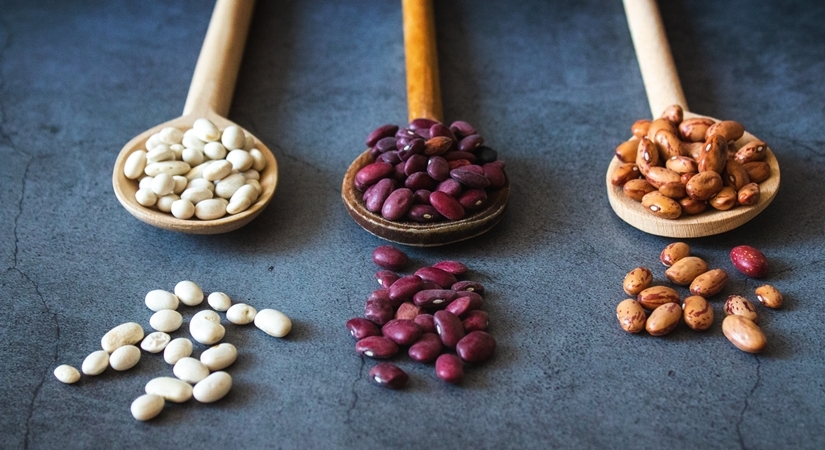The study aims to pioneer the investigation of an ideal ratio of plant to animal protein and how it impacts health, specifically heart health…reports Asian Lite News
Eating more plant-based protein than animal-based protein may help reduce the risk of cardiovascular disease (CVD) and coronary heart disease (CHD), according to a new study on Monday.
The study, led by researchers at Harvard T.H. Chan School of Public Health, showed that the risk reductions are likely driven by the replacement of red and processed meats with plant proteins and eating more legumes and nuts.
“Such a dietary pattern is beneficial not just for human health but also the health of our planet,” they said in the study, published in the American Journal of Clinical Nutrition.
The study aims to pioneer the investigation of an ideal ratio of plant to animal protein and how it impacts health, specifically heart health.
“The average American eats a 1:3 plant-to-animal protein ratio. Our findings suggest a ratio of at least 1:2 is much more effective in preventing CVD,” said lead author Andrea Glenn, Assistant Professor in the Department of Nutrition and Food Studies at New York University. Glenn worked on the study as a postdoctoral fellow at Harvard Chan School.
To prevent CHD, a ratio of 1:1.3 or higher should come from plants, Glenn said.
The team used 30 years of data on diet, lifestyle, and heart health among nearly 203,000 men and women. Throughout the four-year study period, 16,118 CVD cases, including over 10,000 CHD cases and over 6,000 stroke cases, were documented.
The results showed that people who consumed a higher ratio of plant to animal protein (about 1:1.3) had a 19 per cent lower risk of CVD and a 27 per cent lower risk of CHD.
Further, people who had their 21 per cent of energy coming from proteins and adhered to a higher plant-to-animal protein ratio saw a 28 per cent lower risk of CVD and a 36 per cent lower risk of CHD.
According to the researchers, replacing processed meat with several plant protein sources, particularly nuts and legumes can improve blood lipids and blood pressure as well as inflammatory biomarkers. It is partly because plant proteins are often accompanied by high amounts of fibre, antioxidant vitamins, minerals, and healthy fats.














